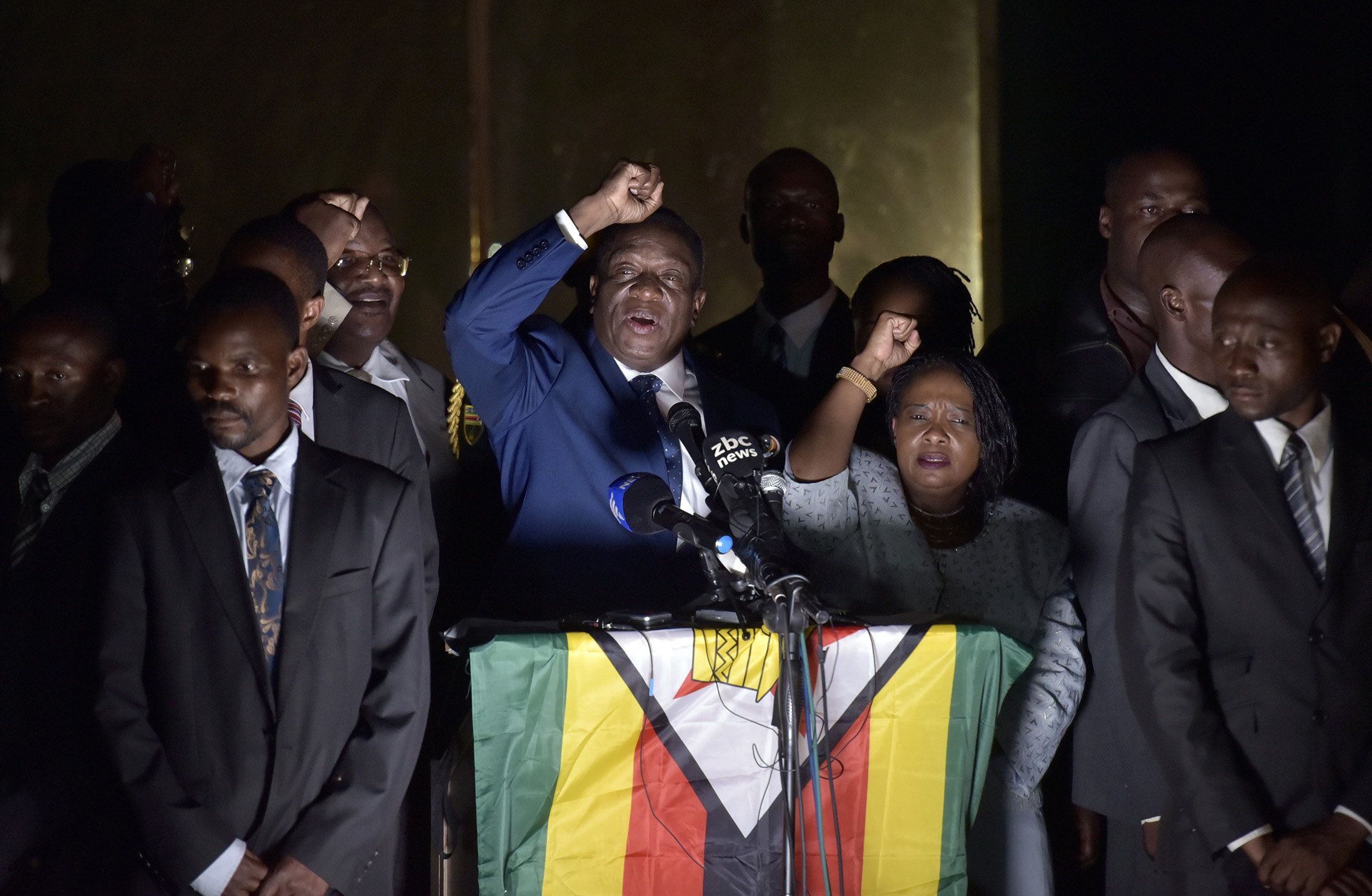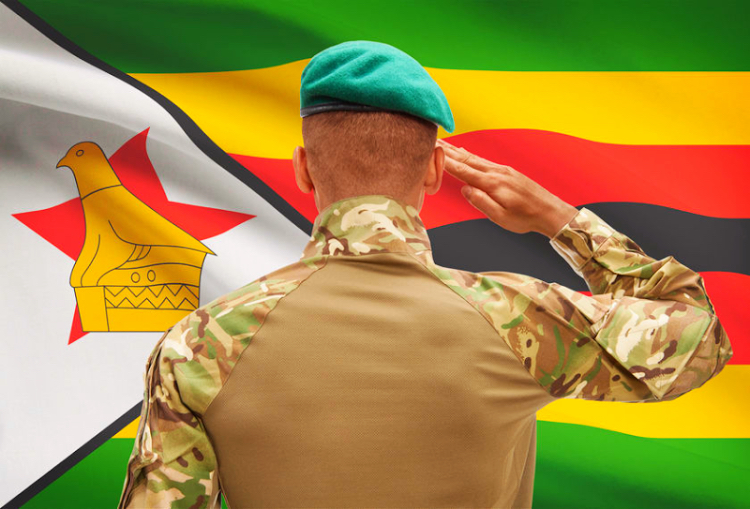News
Bloomberg: As Mnangagwa Becomes President, Zimbabwe Hungers for Change
As Emmerson Mnangagwa took the oath of office as Zimbabwe's president, there's a public hunger for a real break from the policies of Robert Mugabe.

As Emmerson Mnangagwa took the oath of office as Zimbabwe’s president, there’s a public hunger for a real break from the policies of Robert Mugabe, whose resignation on Tuesday after 37 years in power sparked scenes of jubilation in the streets of the capital.
Skepticism that he will do so abounds. Mnangagwa, 75, was Mugabe’s right-hand man for half a century through the liberation war against white-ruled Rhodesia and since independence in 1980 until their rupture in recent months. Yet his hand may be forced by a dire economic situation: a 90 percent jobless rate and a cash shortage so severe that some people sleep near banks in the streets of the capital, Harare, to ensure they can make withdrawals.
“I hope he will not continue with the usual populist noises which we’ve seen with the former government,” said Tsitsi Mushure, a 36-year-old single mother. “People need jobs, I need a job. Things are not well, not just for me, but the whole country.”
While Mnangagwa must try to revive an agricultural industry that was once the envy of southern African neighbors, unlock investment in mining and reestablish credit lines, he may need input from opposition parties to give his new administration credibility in the eyes of investors.
Huge crowds witnessed Mnangagwa’s inauguration Friday at the 68,000-seat national sports stadium in Harare.
Overture to Opposition
“The big question is going to be ‘what is the nature of his cabinet?’ Does he include people in the opposition who have that legitimacy and that will help him immediately gain the support of the international community,” Greg Mills, director of the Brenthurst Foundation, a Johannesburg-based research institution, said by phone from Harare.
Mnangagwa fled Zimbabwe after Mugabe fired him as vice president on Nov. 6 following accusations by his wife, Grace Mugabe, that the former spy chief was plotting a coup. An intervention by the armed forces and a decision by the ruling Zimbabwe African National Union-Patriotic Front to back Mnangagwa as its leader and to begin impeachment proceedings against Mugabe prompted the president to resign.
Mugabe won’t face prosecution and is free to remain in the southern African nation, the ruling party said Thursday.
As Mnangagwa spoke to thousands of supporters in Harare on Wednesday evening in his first public appearance since returning to Zimbabwe, the man known as “the crocodile” promised a new start.
‘Unfolding Democracy’
“The voice of the people is the voice of God,” he said. “Today we are witnessing the beginning of a new and unfolding democracy.”
Opposition leaders such as the Movement for Democratic Change’s Morgan Tsvangirai, a former prime minister, and ex-Finance Minister Tendai Biti, who heads the People’s Democratic Party, will watch Mnangagwa’s inaugural speech closely for clues as to whether he’s ready to build bridges with Zanu-PF’s rivals before general elections next year.
“There are some small signs suggesting it will be more of the same, and some small signs saying it will never be the same again,” Biti said. “Right now we’re in a state of flux.”
First indications are that Zanu-PF is prepared to rule alone.
“To my knowledge, there aren’t any plans to include the opposition in the government while Zanu-PF has the people’s mandate,” party spokesman Simon Khaya Moyo said by phone Thursday. “The party won the last election and will rule as normal.”
Investor Confidence
Economically, Mnangagwa needs to boost investor confidence by changing so-called indigenization laws that force companies to sell or transfer 51 percent stakes to black Zimbabweans, said Farai Mugano, an economist at the University of Zimbabwe.
“He must take bold and decisive decisions, and the first thing that must go is the indigenization law,” Mugano said. “It must go, like, yesterday.”
Mnangagwa must take other measures such as restoring property rights so that land has value and farmers can get back to producing food, and slash the size of the cabinet and public service, according to John Robertson, a Harare-based economist.
“It’s going to involve more than words; it’s going to have to involve some quite difficult political choices,” Mills of the Brenthurst Foundation said. “There is appetite here for change -- you see that in terms of the outpouring of public emotion around Mugabe’s ejection.”
The article was originally published by Godfrey Marawanyika, Brian Latham, and Desmond Kumbuka on Bloomberg.


